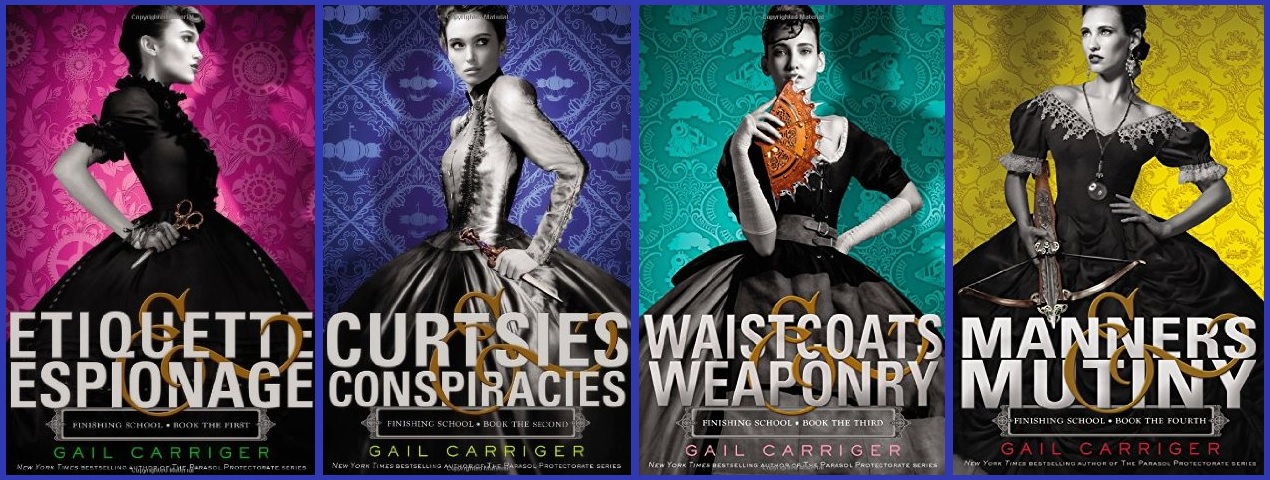Recommendations for Audible
I wish that I could provide feedback directly from the iPhone or Android app. I wish that if the application crashed it would save which items have been read or marked as finished.
In the list of books it would be nice to see how many stars each book has been rated and to be able to sort them by rating (IN APP).
I would like to be able to login to the app with biometrics (thumbprint). The android app integrates the store better than the iphone app.
When rating books, there are too many clicks required. Seems like the multiple stars could all just be on the initial screen (with the list of recommended books) rather than clicking overall stars, being redirected, then submitting and going back. When doing this to multiple books it becomes very tedious.
It would be nice to integrate the Listener page better with other book lover's social media like Shelfari and GoodReads or even blogs so that feedback can be auto posted to Amazon, Shelfari, GoodReads, and Blogs.
Why haven't improvements been made to the gamification of the Audible application? I earned most of the badges a few years ago, but no new badges ever appear or rewards for earning them, or the ability to compete with friends. Most of the application seems to just revolve around the antiquated "share feature" which in its default form is annoying and spammy. I read a lot of books and if I shared every book, every badge, and every other thing from the application with the default verbiage... it would annoy my friends. There seems to be little motivation to this, but if people could earn points or rewards for commenting, inviting friends, sharing books, and writing reviews - more people might be involved. It could track the number of people invited, make a competition out of books read, or for every 100 books offer 1 free credit.
The tracking for the number of titles in my library seems to always be off. It would be awesome if books returned would show up somewhere. I'm not sure if I would accidentally repurchase a book I didn't like, but at least I could see the books I rated poorly and the "similar" books recommended.






